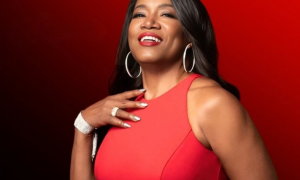The odds of success—however defined—remain quite slim for artists. But does age play as much of a role in the current
The answer—broadly speaking—is yes, but not in the ways you might imagine.
First, there are stories of post-30 perseverance that are hard to ignore. Toby Keith was nobody in Nashville before getting a number one in his early 30s. Bill Withers enjoyed his break at a similar age, and Moby released Play at 33. Certainly, there are other examples out there.
But those happened in the old days, when audience access was more limited. These days, the more hopeful, digital version is that any artist can connect with an audience, no matter what the demo. Still, cutting through is harder for all artists, and potential partners may feel even less inclined to back an older artist. “I was listening to this 36-year-old guitarist playing in my office, enjoying it but thinking, 'where has this guy been the whole time?'" one label executive candidly told Digital Music News.
Of course, partners are more likely to respond to an artist that has traction, and great music will travel—regardless of the author's birth date. The only problem is whether the artist can travel as well—are there fresh financial responsibilities, marriages and children, mortgages and automobiles? Freshly-quit careers with legacy lifestyles to manage?
Then, psychological ones. Is a 30-something cool with sleeping on worn-out couches and dining on Ramen? Or is that a 20-something's game?
Other important variables come from the music and target audience. As in, what are you doing? A pop group is ripe in their early 20s, though a jazz performer has a far longer window. And, age is far less important for studio musicians, songwriters, and orchestral performers. And, perhaps there's a lot of momentum already established, so why give up now?
So the best advice? Every situation is different, and requires serious reflection. But if you're already rolling the dice, there's a lot to be said for staying at the table. At least for a few more years, if only to avoid wondering, 'what if?'

























